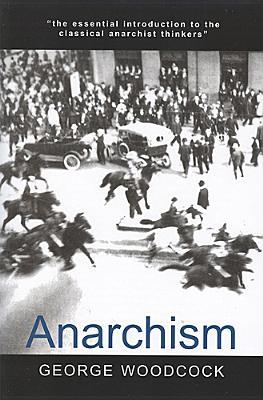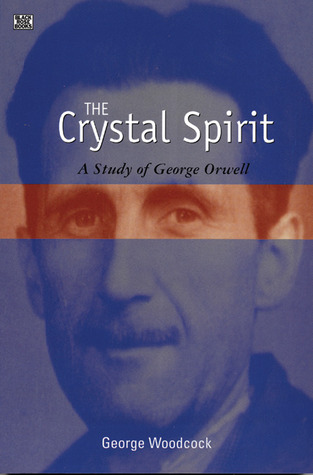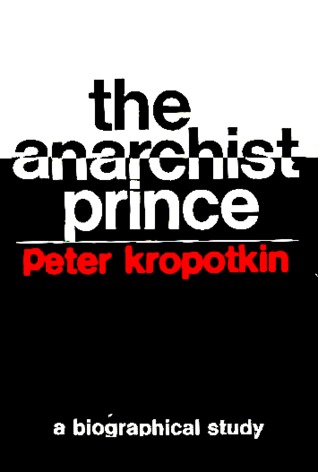
Woodcock was born in Winnipeg, Manitoba, but moved with his parents to England at an early age, attending Sir William Borlase's Grammar School in Marlow and Morley College. Though his family was quite poor, Woodcock had the opportunity to go to Oxford University on a partial scholarship; however, he turned down the chance because he would have had to become a member of the clergy.Instead, he took a job as a clerk at the Great Western Railway and it was there that he first became interested in anarchism (specifically libertarian socialism). He was to remain an anarchist for the rest of his life, writing several books on the subject.
It was during these years that he met several prominent literary figures, including T. S. Eliot and Aldous Huxley and became good friends with George Orwell despite ideological disagreements. Woodcock later wrote The Crystal Spirit (1966), a critical study of Orwell and his work which won a Governor General's Award.
Woodcock spent World War II working on a farm, as a conscientious objector. At Camp Angel in Oregon, a camp for conscientious objectors, he was a founder of the Untide Press, which sought to bring poetry to the public in an inexpensive but attractive format. Following the war, he returned to Canada, eventually settling in Vancouver, British Columbia. In 1955, he took a post in the English department of the University of British Columbia, where he stayed until the 1970s. Around this time he started to write more prolifically, producing several travel books and collections of poetry, as well as the works on anarchism for which he is best known.
Towards the end of his life, Woodcock became increasingly interested in what he saw as the plight of Tibetans. He travelled to India, studied Buddhism, became friends with the Dalai Lama and established the Tibetan Refugee Aid Society. He and his wife Inge also established Canada India Village Aid, which sponsors self-help projects in rural India. Both organizations exemplify Woodcock's ideal of voluntary cooperation between peoples across national boundaries.
George and Inge also established a program to support professional Canadian writers. The Woodcock Fund, which began in 1989, provides financial assistance to writers in mid-book-project who face an unforeseen financial need that threatens the completion of their book. The Fund is available to writers of fiction, creative non-fiction, plays, and poetry. The Woodcocks helped create an endowment for the program in excess of two million dollars. The Woodcock Fund program is administered by the Writers’ Trust of Canada and has distributed $887,273 to 180 Canadian writers, as of March 2012.









